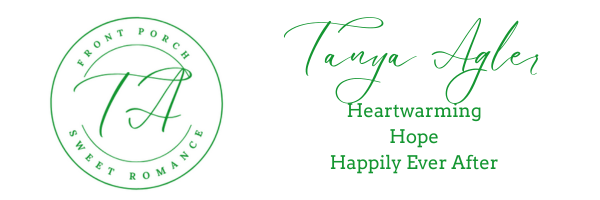Those people who know me know to stay away from two subjects: classic movies and writing. When I start talking about movies or writing, I can get carried away. Just ask my husband. The last time we went to a party, someone casually mentioned they were interested in writing a book. My husband removed his coat and started talking to the hostess. Forty-five minutes later after extolling the virtues of how a few words a day can add up in a hurry, how awesome my local writing chapter is, and how neat it is to type the end, I wrapped up my discussion about writing. My husband graciously escorted me out before I started talking to anyone else about some of my favorite subjects. Needless to say, I’ll discuss the craft of writing with anyone, anytime, anywhere. That’s one of the reasons I blog about it, hoping to spark a tiny bit of interest in someone who might have carried a germ of an idea around in his or her head and wants to start translating those ideas into a book or screenplay. It only made sense to blog about what classic movies have taught me and how I try to apply some of those lessons in my own writing. This is the last in my series connecting classic movies to the craft of writing. And I’m doing so with a bang-chemistry. What helps turn a great screenplay into a truly memorable movie? The chemistry between the leads. What makes a book memorable? Chemistry between the characters.
Movies. Think about some of your favorite movies, whether they’re romantic in nature or not. I bet there is some relationship that caught your attention. If you like romantic comedies, have you seen My Man Godfrey? Classic movie fans immediately have an image of Carole Lombard and William Powell clashing. Carole Lombard was at the height of her beauty, a blonde dithery vision on a scavenger hunt searching for a vagrant to accompany her back to the organizers. William Powell was at the height of his career. He played Godfrey, a man who turned his back on the world and lived on his terms: stubble, dirt and all. It worked because of their chemistry. The remake with June Allyson and David Niven didn’t work nearly as well because the two didn’t reflect the same sparks as Lombard and Powell did. (Don’t get me wrong-Allyson and Niven were both great actors more than capable of great chemistry with the right partner-June Allyson teamed very well with Van Johnson and Jimmy Stewart; David Niven teamed very well with Ginger Rogers and Robert Wagner.)
If you like science-fiction/fantasy movies, what would Star Wars be without C-3PO and R2D2? They may be droids, but their rapport and shtick help not only provide comic relief but also shows how much they rely on one another.
More of an action movie fan? The Lethal Weapon series wouldn’t have been the same without the great rapport between Mel Gibson and Danny Glover. Even Die Hard benefits from the walkie-talkie discussions between Bruce Willis and Reginald VelJohnson.
Dramas? What about the father-daughter bond between Atticus Finch and Scout in To Kill a Mockingbird?
Mysteries? Have you seen Laura? Dana Andrews gives an underappreciated performance in this movie, falling in love with Laura without having ever met her as he is investigating her murder.
In each of these movies, a relationship became even stronger when the characters fed off and learned from each other.
Books. I write romance novels. No matter the heat level in a romance, the leads have to have chemistry. There has to be some bond, some connection that shows in a world of over seven billion (assuming the setting is Earth and it’s not a fantasy romance set in another realm), these two characters are only meant for each other. That’s what a romance author has to capture on the written page: the emotional connection that ties these two people together, no matter the odds, no matter the conflict.
When in doubt about a scene, I sometimes reflect on my love of classic movies. How did two opposites like the bookish David Huxley and the wealthy Susan Vance fall in love in Bringing Up Baby? How did two married people keep the spark alive as well as Nick and Nora Charles in The Thin Man? How did Devlin and Alicia Huberman generate such passion when she believes he only sees her as a fallen woman in Notorious? The chemistry between these couples helps me want to create a strong couple, a couple who overcomes odds and deserves a happy ending.
And that concludes my series tying together two of my favorite subjects: classic movies and writing. Chemistry between two characters goes a long way into a book going on the keeper shelf and a movie staying in my thoughts long after the last reel has faded.
What couples in film or books are some of your favorites? Let me know.
